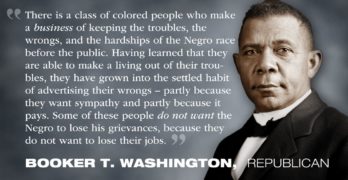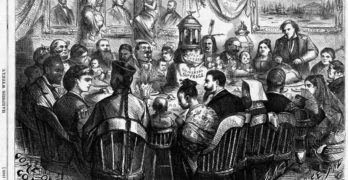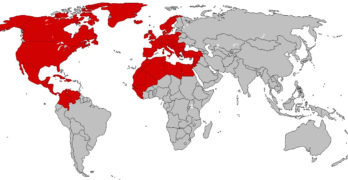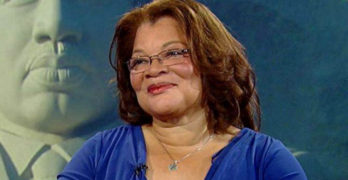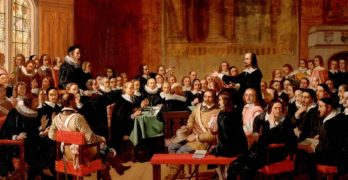
Photo courtesy: Home School Legal Defense Association
In October last year, in a blog titled We are the state: we are the parents I wrote about Graham Badman’s 2009 Review of Elective Home Education in England, the recommendations of which were soundly defeated in Parliament. It was almost immediately followed by the Ofsted report Children Missing from Education – a titled premised on the assumptions that education can only happen in school and parents who opt for an alternative are up to no good.
Next came the Local Government Association, asking for new powers to check on home schooled children because ‘any Elective Home Education learning situation potentially puts a child in a very vulnerable position … because the child is isolated, they are not visible to their peer group and professionals don’t keep an eye on them … It is unacceptable for any child of compulsory school age not to be receiving a suitable education’.
So parents are definitely up to no good and they aren’t suitably educating their children who are lonely and isolated. Anyone who knows anything about the home ed community knows how far from the truth this really is.
But the desire to make everyone conform to central statute didn’t abate. In January, I blogged about the Casey Report which attempted to review educational opportunity and integration. It rang some significant alarm bells for home educators, using the same arguments that have already been defeated. Alan Wood is currently conducting an enquiry into the role of Local Authorities and home education is one of the areas which he is considering. It’s not difficult to work out what his conclusions and recommendations will be.
This week, a seemingly innocuous private member’s bill appeared in the House of Lords, brought by Lord Soley and introduced by Estelle Morris. Innocuous for two reasons – private members’ bills rarely make it onto the statute books and Lord Soley has a previous track record on the subject, not least via Lords of the Blog so this is merely an extension of previously expressed views. But in reality, it is far from innocuous.
In 2014, Diana Johnson introduced a private member’s bill on sex education. As expected, it didn’t go anywhere, but three years later, we saw far-reaching legislation on Relationships and Sex Education (RSE) sneeked into law using the Children and Social Work Bill as a Trojan Horse. The private member’s bill was just part of the normalization process – raising the issue, provoking debate and testing the water.
And that is exactly what is happening here. The bill won’t go anywhere – Lord Soley knows that. But it is part of the softening process, a piece in the jigsaw which is designed to remove a parent’s right to educate their child as they think best. And the consequences are likely to be far reaching, with parents required to deliver on comprehensive RSE and PSHE regardless of their faith position.
As my previous blog demonstrates, Ofsted judges that teaching our children about gender reassignment and sexual orientation takes priority over faith.
So what can you do? If you’re a parent, whether or not you home educate your child, write to your MP expressing concern about this bill. Say that it will remove from parents their legal right to educate their children according to their own philosophy. You might also draw the parallel between this bill and the Badman legislation, which was soundly defeated.
Ask your MP to raise your concern with Justine Greening, the Secretary of State for Education, so that the DfE can monitor the reaction. You can also keep track of what is going on via Facebook
In another context earlier this week, I was directed to Psalm 11. It asks: ‘When the foundations are being destroyed, what can the righteous do?’ The answer is clear: ‘The LORD is in his holy temple; the LORD is on his heavenly throne’ (Psalm 11:3-4).
Copyright 2017, Christians in Education-All rights reserved











